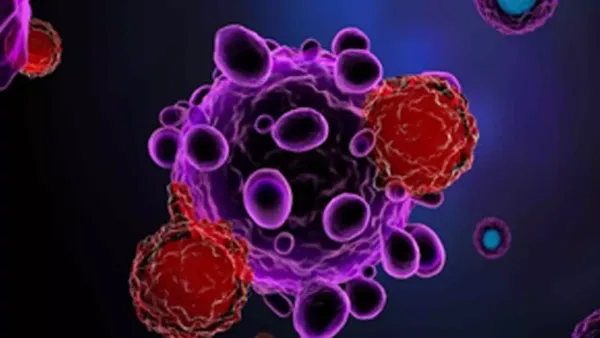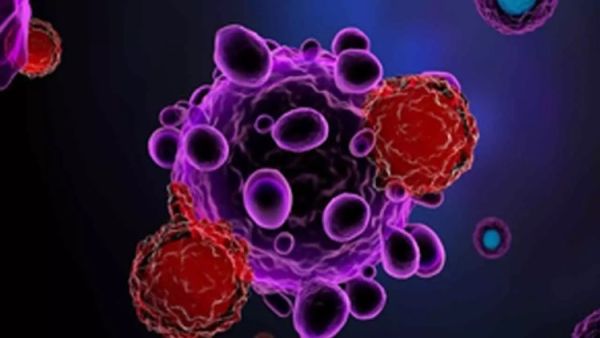
Two separate clinical studies have shown that stem cell treatments are a safe and efficient treatment for Parkinson’s disease.

The two studies, which were both published in the journal Nature, examined the use of human embryonic stem cells and human induced pluripotent stem cells, respectively.
The increasing loss of neurones that generate the neurotransmitter dopamine is a hallmark of Parkinson’s disease, a neurodegenerative condition.
Current medications like dopa may help with symptoms in the early stages, but they lose their effectiveness over time and can have adverse effects, including dyskinesia (involuntary movements).
Nonetheless, the research revealed that cell treatment might restore the brain’s dopaminergic (dopamine-producing) neurones. This offered a therapy that could be more successful and have fewer side effects.
Researchers from Kyoto University in Japan conducted the first phase I/II experiment, which included seven patients (ages 50–69) who had dopaminergic progenitors produced from human induced pluripotent stem cells transplanted into both sides of their brains.
During the 24-month trial period, no significant side effects were noted, and the transplanted cells generated dopamine without proliferating or developing tumours, which is a concern connected with stem cell treatment.
Additionally, four out of the six people who completed the experiment for efficacy assessment without their usual medication and five while taking medication showed a reduction in Parkinson’s-related motor symptoms, according to the researchers.
The safety of bemdaneprocel, a dopaminergic neurone progenitor cell product made from human embryonic stem cells, was investigated in the second phase I clinical study, which was headed by a group from the Memorial Sloan Kettering Cancer Centre in the United States.
Bemdaneprocel was surgically transplanted into the putamen on both sides of the brain in twelve individuals, whose median age was 67.
Seven subjects were given a high dosage, whereas five were given a modest amount.
During the 18-month follow-up period, no serious side effects associated with the treatment were recorded, and the cell product was usually well tolerated.
No instances of dyskinesia were observed.
Additionally, individuals in both the low-dose and high-dose groups showed modest improvement in their motor performance.
Both clinical studies demonstrate the safety of allogeneic (non-self) transplantation of stem cell-derived cell products for the treatment of Parkinson’s disease, despite several drawbacks, including the small sample size.
Even though this might be “a significant step towards the establishment of this cell therapy for Parkinson’s disease”, the researchers noted that further studies with a bigger sample size are required to evaluate the efficacy and potential therapeutic advantages of these treatments.